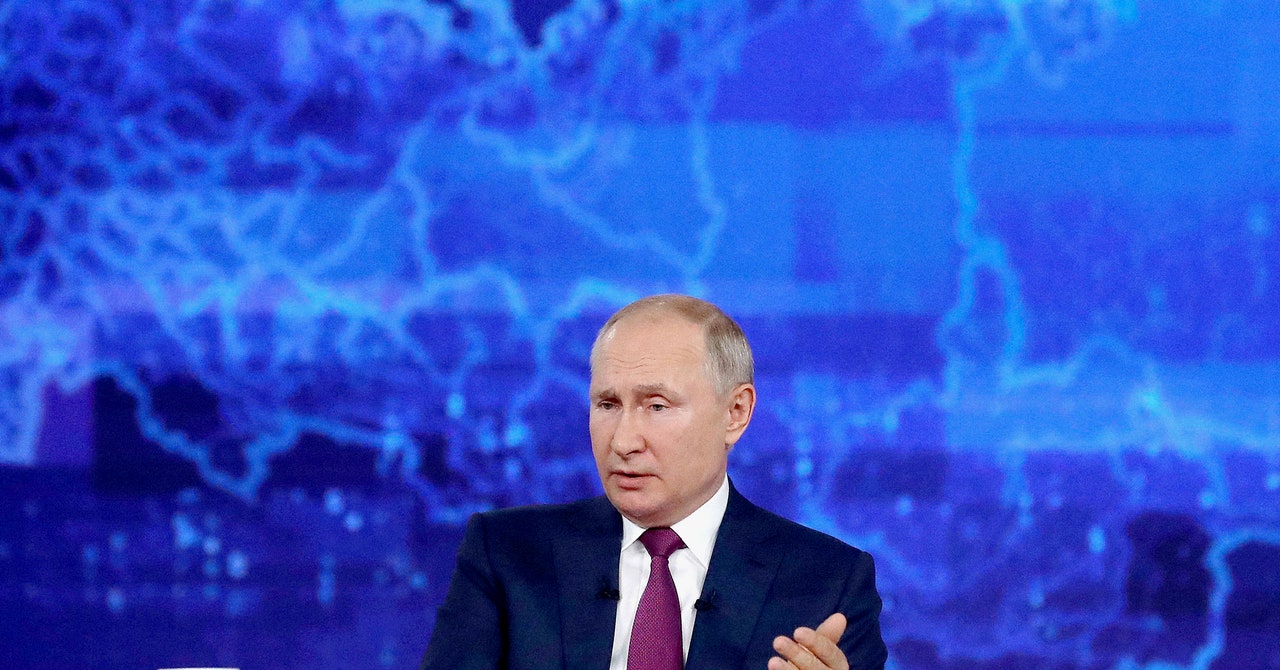How exactly Paris or Brussels can force Eutelsat to block these Russian channels is an open question. Lange and Filipoff say that if the European Union can ban English-language stations Sputnik and RT from their airwaves, the sanctions should have the power to remove Russian-language television from their satellites. In May, European Commission President Ursula von der Leyen told the European Parliament that they would ban three new TV operators “in any form, be it by cable, via satellite, on the internet or via smartphone apps”.
Politico reported that these three operators are Russian-language news networks that reach Europe with some help from Eutelsat satellites.
Eutelsat told WIRED, “We are aware of the European Union’s intention to sanction three Russian channels, two of which are broadcast on our satellites, and we are ready to stop broadcasting them immediately as soon as the relevant European regulation is published.”
The United States recently imposed sanctions on three Russian-language television stations, including NTV (the provider’s flagship station NTV+), after concluding that they were “spreading disinformation to aid Putin’s war.” These sanctions are likely to impact their foreign earnings, but not their Russian operations.
Going after the satellites themselves would be an extremely destructive escalation. Moscow and Kyiv already target each other’s satellite communications.
Western intelligence agencies say that in the hours before the invasion, Russian hackers targeted American satellite provider Viasat. “While the main target is believed to have been the Ukrainian military, other customers were affected, including personal and commercial internet users,” the UK’s National Cyber Center said in a joint statement with the US and the EU.
Earlier this week, just ahead of Russia’s Victory Day celebrations — which offered Moscow a prime opportunity to show strength amid its stalled war — Ukraine’s State Service for Special Communications announced that “[television] the broadcast from the Russian satellite to the occupied Ukrainian regions was unexpectedly turned off.
As WIRED reported, Ukraine is aggressively deploying American and European-provided Starlink terminals, while Russian satellite communications remain hampered.
European cooperation is not limited to Eutelsat satellite TV. Eutelsat owns two subsidiaries in Russia, including domestic Internet provider Konnect. In turn, the Russian state satellite operator owns a small stake in Eutelsat itself. (Corporate filings say the majority of the 3.62 percent ownership stake corresponds to the Russian Satellite Communications Company, or RSCC.)




